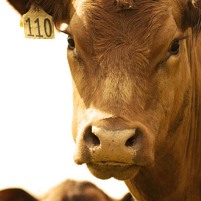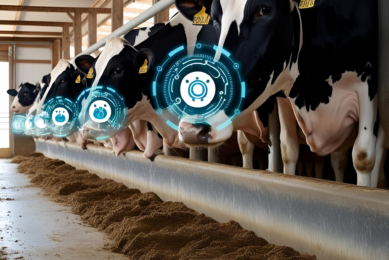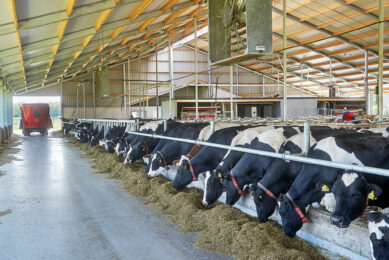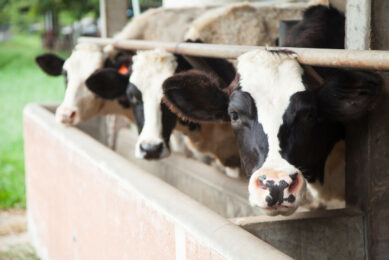US expands rules cattle products in feed

Effective April 23, 2009, the FDA has banned a series of cattle products from all animal feed and pet food in attempt to prevent the spread of bovine spongiform encephalopathy (BSE).
protein as part of the feed given to other ruminants. These measures were
instituted in the United States and Canada in 1997, after a mad cow outbreak in
the United Kingdom.
Other U.S. protections against mad cow disease
include a partial ban on slaughtering cattle that cannot stand, which are more
likely to be infected with BSE, and a requirement that meatpackers remove the
spine and brain from all slaughtered animals. These are the body parts most
likely to carry mad-cow-causing prions.
The new regulations expand these
rules in an attempt to keep BSE prions out of any animal feed, out of awareness
that ruminant and non-ruminant feed might contaminate each other during the
manufacturing or transport processes, or that ruminants might accidentally be
given the wrong kind of feed.
Any animal feed will now be prohibited from
containing any materials from a BSE-infected animal; the brain or spinal cord of
any cattle aged 30 months or older; materials from any cattle that are aged 30
months or older, have not had their spinal cords removed and have not been
inspected and approved for human consumption; tallow containing more than 0.15
percent insoluble purities, or that has been derived from any other prohibited
materials; and mechanically separated beef derived from any other prohibited
materials.











